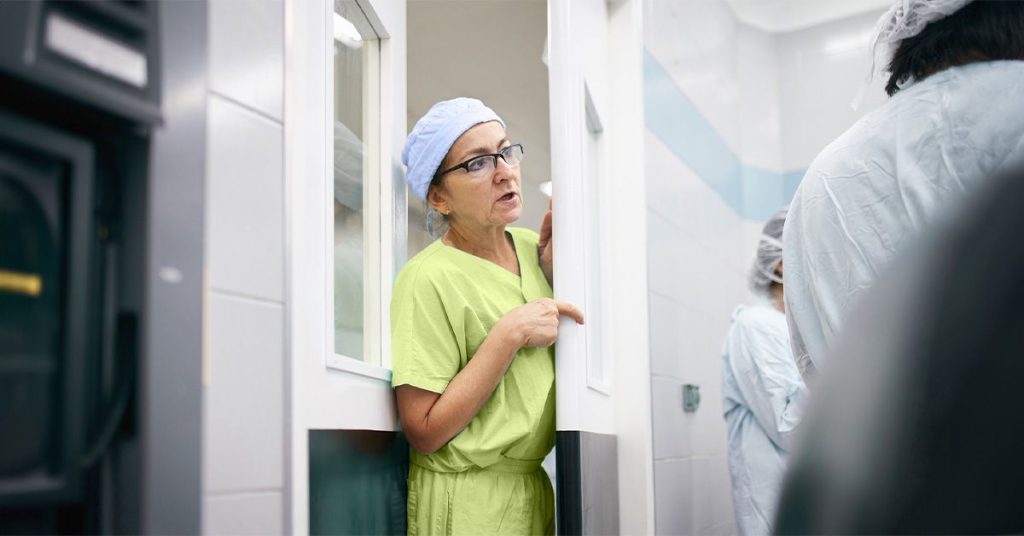Two recent studies presented at the American Society for Metabolic and Bariatric Surgery’s 2024 Annual Scientific Meeting have highlighted the benefits of weight loss surgery in preventing and managing diabetes. The first study involved individuals with prediabetes and severe obesity who underwent gastric surgery and found that they were much less likely to develop type 2 diabetes compared to those who did not have surgery. The second study focused on participants with type 2 diabetes who had Roux-en-Y gastric bypass surgery and found that their diabetes remained in remission for up to 15 years, with most individuals sustaining their weight loss for at least 20 years.
The first study, which has not yet been published in a peer-reviewed journal, involved a retrospective review of 1,326 participants with prediabetes who underwent either Roux-en-Y gastric bypass or sleeve gastrectomy between 2001 and 2022. The researchers reported that those who underwent bariatric surgery were 20 times less likely to develop type 2 diabetes over 15 years compared to those who did not have surgery. Additionally, participants who had surgery lost an average of 29% of their body weight at 12 months, indicating significant weight loss benefits.
Dr. Christine Ren-Fielding, the chief of bariatric surgery at NYU Langone Health, emphasized the importance of taking prediabetes seriously, as it is a precursor to diabetes and should not be overlooked. The second study, also not yet published, focused on individuals with type 2 diabetes who underwent Roux-en-Y gastric bypass surgery and found that their diabetes remained in remission for up to 15 years, with most participants maintaining their weight loss for up to 20 years. Dr. Mir Ali, a bariatric surgeon at MemorialCare Surgical Weight Loss Center, highlighted the long-term benefits of weight loss surgery and the underutilization of this treatment option.
The researchers reviewed remission rates and weight loss outcomes of 2,045 individuals who underwent Roux-en-Y gastric bypass surgery between 2001 and 2008 during a follow-up period of up to 20 years. They found that remission rates for those with pre-operative diabetes were 54% at the three-year mark and 38% after 15 years. Additionally, participants achieved a peak weight loss of nearly 32% after 18 months, stabilizing at 23% after 10 years and up to 20 years. The rate of persistent diabetes was higher in individuals with insulin-treated diabetes before surgery.
Dr. Mitchell Roslin, the chief of bariatric surgery at Northwell Lenox Hill Hospital, emphasized the benefits of surgery as the best therapy for metabolic syndrome and type 2 diabetes. He noted that while medical therapy may prevent death, surgical procedures may slow down the aging process, highlighting the importance of educating individuals about the benefits of weight loss surgery. Roslin also mentioned that SADI-S or SIPS procedures may be more effective for managing diabetes compared to bypass or sleeve surgeries, as they do not produce glucose level swings and provide lasting fullness signals that contribute to long-term weight loss and diabetes management.


